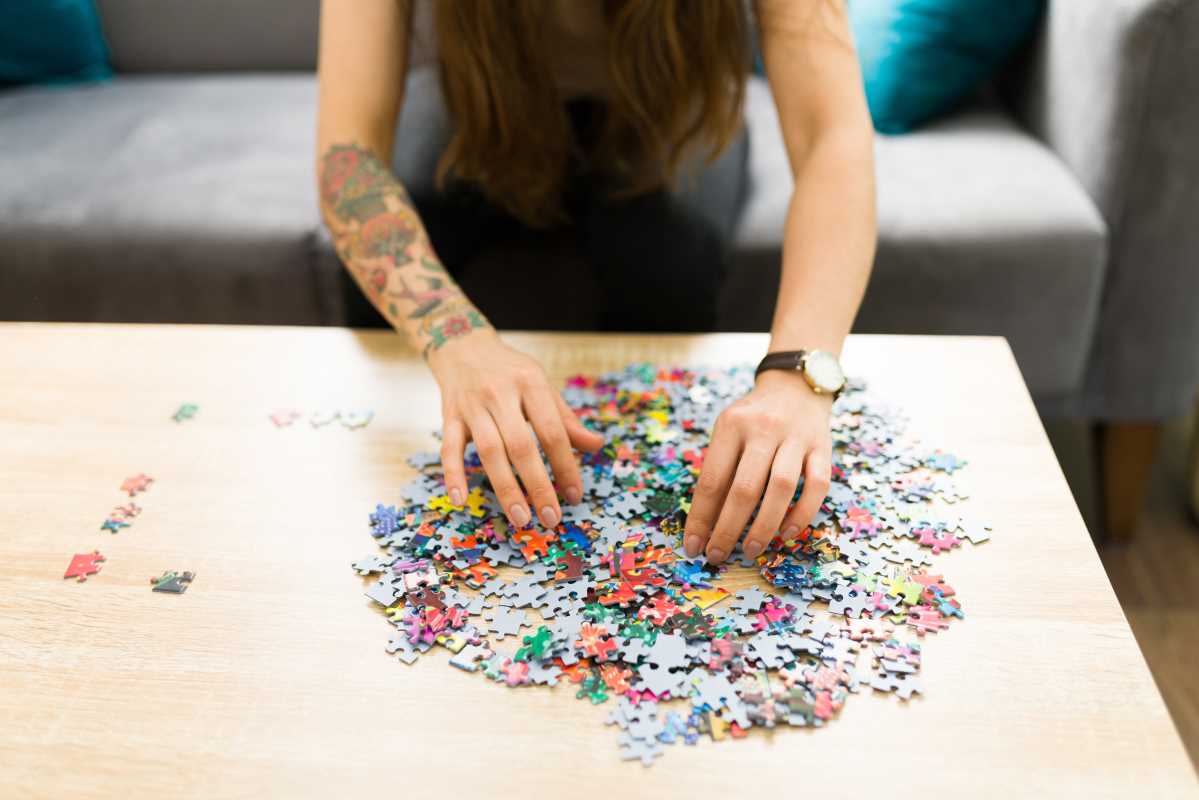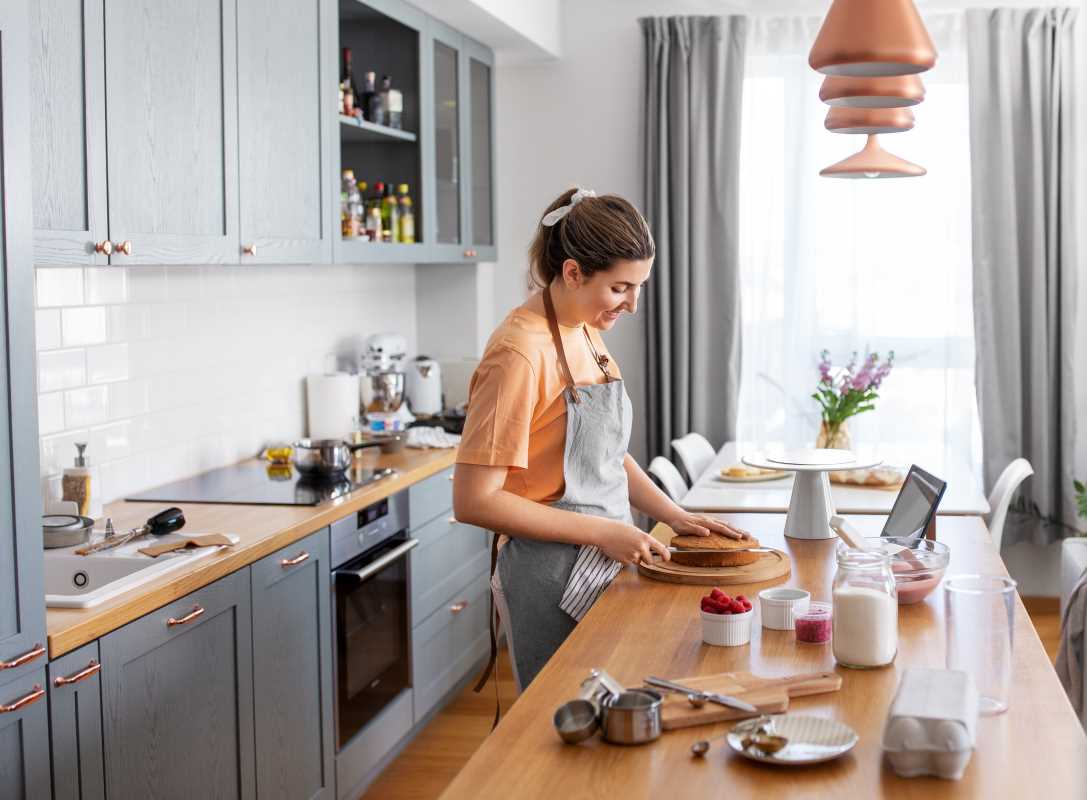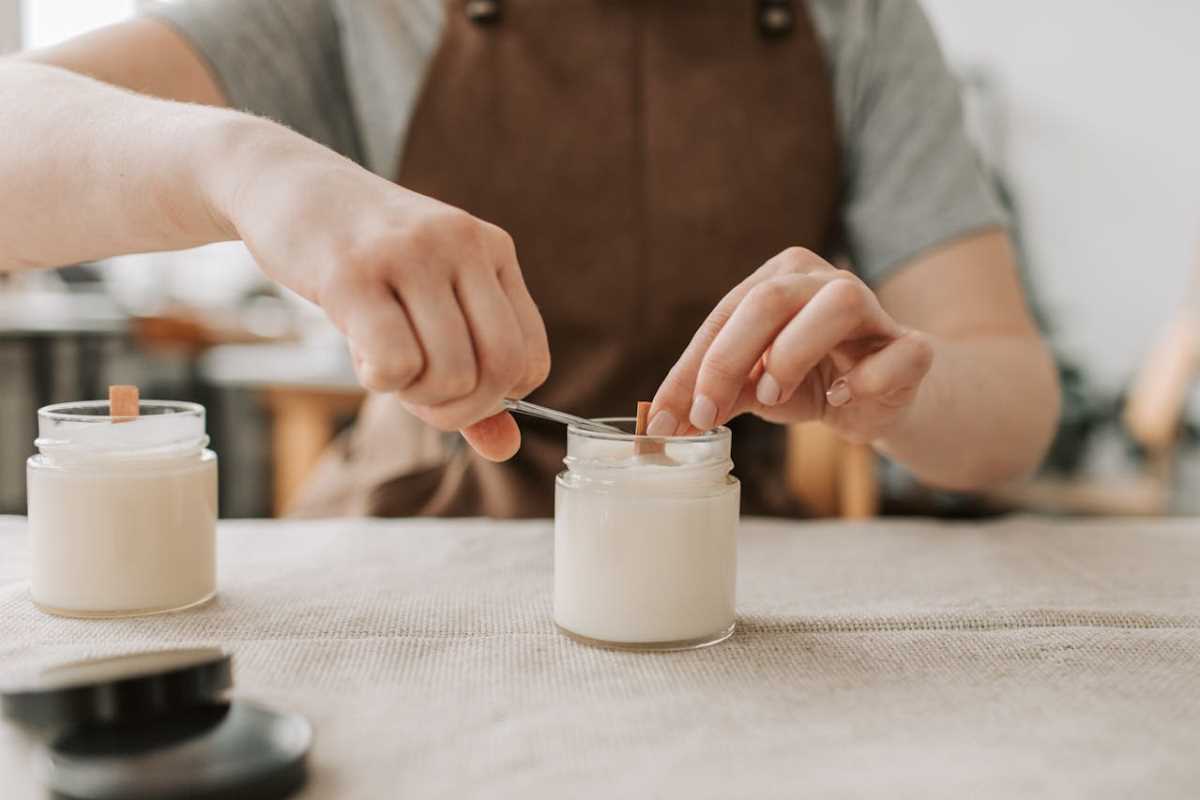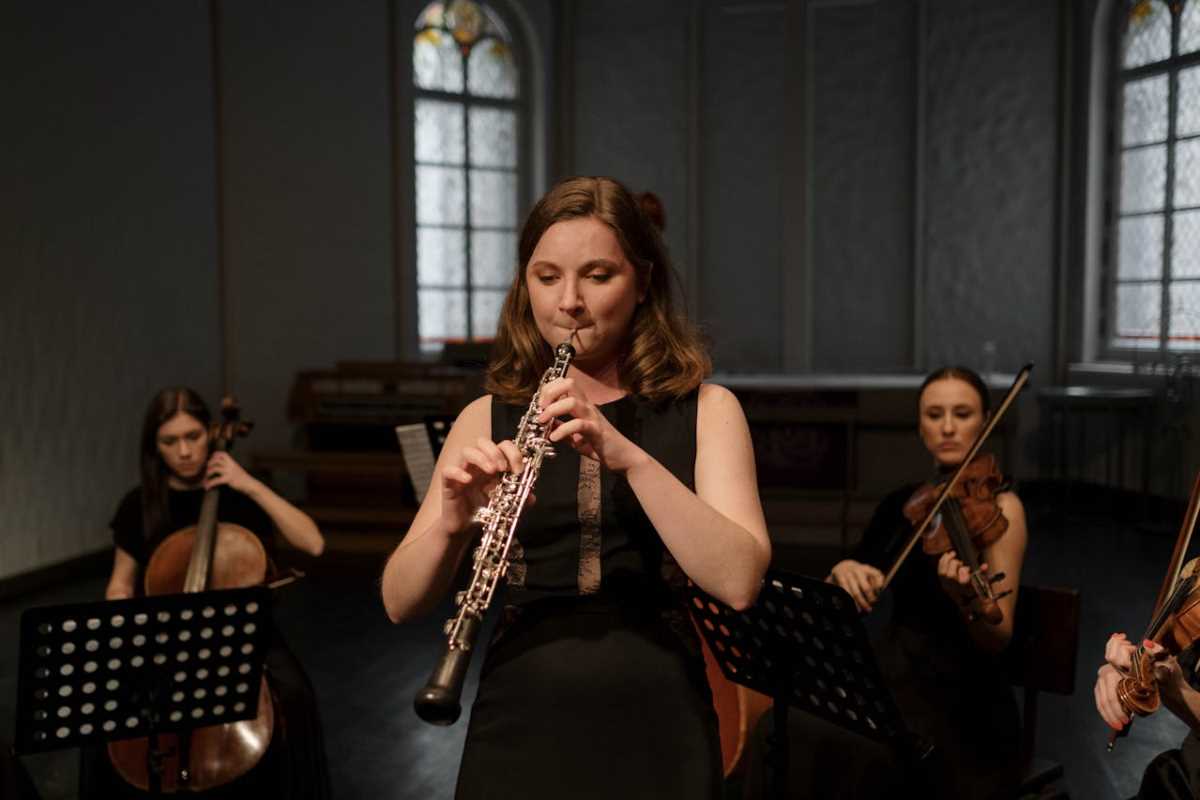There’s something deeply satisfying about fitting the last piece of a jigsaw puzzle, solving a tricky crossword clue, or cracking a code in an escape room challenge. Puzzle-solving hobbies aren’t just fun and relaxing; they’re also excellent workouts for your brain, boosting mental sharpness, creativity, and even teamwork skills. Whether you’re tackling a Sudoku at home or collaborating with friends on a game night challenge, puzzles offer a unique combination of entertainment and cognitive benefits.
If you’re looking for an enjoyable way to unwind while sharpening your mind, puzzle-solving hobbies might be just what you need. Curious about how puzzles can enhance mental fitness? Read on to learn about the surprising benefits of puzzles, tips for getting started, and why these hobbies are perfect for anyone seeking relaxation and a mental workout.
The Brain-Boosting Benefits of Puzzle-Solving
Puzzles aren’t just games; they’re tools for keeping your brain sharp and healthy. Different types of puzzles engage various cognitive functions, offering a full-brain workout. Here’s how puzzles improve your mental and creative abilities.
1. Enhances Problem-Solving Skills
Puzzles challenge you to think critically, analyze patterns, and troubleshoot step by step. For example, solving a crossword forces you to connect words and clues, while completing an escape room requires teamwork and quick decision-making under pressure. These activities mirror real-life problem-solving scenarios, helping you develop patience and adaptability when facing challenges.
2. Improves Memory and Focus
Jigsaw puzzles and Sudoku are great for training your brain to retain and recall information. Think of how you remember the shapes and colors of puzzle pieces or the placement of numbers on a grid. These processes strengthen short-term memory and improve your ability to focus for extended periods. Over time, this improved mental stamina can carry over into daily tasks that require concentration.
3. Boosts Creativity
Ever feel stuck in a creative rut? Puzzles can help unlock fresh ideas and new ways of thinking. Activities like logic puzzles or visual brainteasers encourage “outside the box” thinking. Escape rooms, for instance, might require you to interpret clues, invent clever solutions, and think creatively within constraints. This mental flexibility often spills over into other areas of life, making puzzles a great hobby for creative thinkers.
4. Promotes Relaxation and Stress Relief
Puzzles bring a sense of calm and focus that’s almost meditative. The act of concentrating on one piece at a time or methodically solving a Sudoku allows your mind to zero in on something other than daily stressors. Many people find puzzles relaxing because they channel mental energy in a positive and rewarding way, helping to reduce anxiety.
5. Encourages Social Connection
Puzzles aren’t always a solo activity. Group puzzles like trivia games, escape rooms, or large jigsaw challenges foster teamwork and communication. Solving puzzles together builds bonds, encourages collaborative thinking, and creates shared victories that are as satisfying as the puzzle itself.
Popular Puzzle-Solving Hobbies
The world of puzzles is incredibly diverse, meaning there’s something for everyone, whether you prefer number-based challenges, language-based games, or hands-on assembly projects. Here are some popular puzzle-solving hobbies to explore.
- Jigsaw Puzzles: Jigsaw puzzles are one of the most versatile and soothing activities, available in thousands of designs and difficulty levels. Not only are they great for improving spatial reasoning and patience, but they also double as beautiful home decor when finished and framed.
- Crosswords: If you love words, crosswords are for you. These puzzles combine vocabulary with trivia and critical thinking, making them great for honing your language and problem-solving skills. You can find crosswords in newspapers, apps, or books tailored to any skill level.
- Sudoku: For number enthusiasts, Sudoku offers the thrill of strategic thinking and logical deduction. This classic number-placement game is an excellent way to sharpen mental arithmetic and foster a sense of satisfaction when the grid finally falls into place.
- Escape Room Games: Escape rooms and their at-home counterparts (such as board games or kits) combine immersive storytelling with interactive puzzles. These activities are perfect for groups, requiring teamwork, creativity, and quick thinking to solve challenges under a time limit.
- Logic and Brain Teasers: From pattern-based riddles to lateral-thinking puzzles, these smaller-scale challenges offer quick, engaging ways to keep your brain sharp. They’re great for people who enjoy solving problems without long time commitments.
Tips for Beginners
If you’re new to puzzles, don’t worry! You don’t need to be a seasoned problem-solver to start enjoying these activities. Here are a few tips to ease into puzzle-solving.
1. Start Simple
Choose puzzles suited to your skill level. For jigsaw puzzles, begin with 300- or 500-piece puzzles before moving on to larger ones. For crosswords or Sudoku, look for beginner-friendly options with detailed instructions or hints.
2. Build a Strategy
Puzzles often require systematic thinking. With jigsaws, for instance, you can start by assembling the edges before tackling the center. For Sudoku, focus on filling in rows or columns with fewer blanks. Building a strategy makes puzzles less daunting and more rewarding.
3. Incorporate Challenges Gradually
Once you’re comfortable with beginner puzzles, don’t be afraid to step up the difficulty. Larger jigsaw puzzles, harder crosswords, or time-based escape room challenges can push your problem-solving skills further while keeping things fun.
4. Try Puzzles with Friends
Social puzzle-solving can be incredibly rewarding. Whether you’re doing trivia nights, co-solving riddles, or tackling an escape room as a group, sharing the experience with others adds excitement and fosters teamwork.
5. Celebrate Progress
Puzzles are about the process as much as the solution. Celebrate small victories, like solving a tricky crossword clue or finding that missing jigsaw corner piece. The satisfaction of progress is what makes puzzles so enjoyable.
Why Puzzle-Solving is Worth Trying
Puzzles are more than just a casual pastime. They’re an enriching hobby that strengthens your mind, sparks your creativity, and brings joy to the process of problem-solving. Whether you’re working on a solo Sudoku or cracking codes in a group escape game, puzzles allow you to unwind, stay sharp, and discover new ways of thinking.







